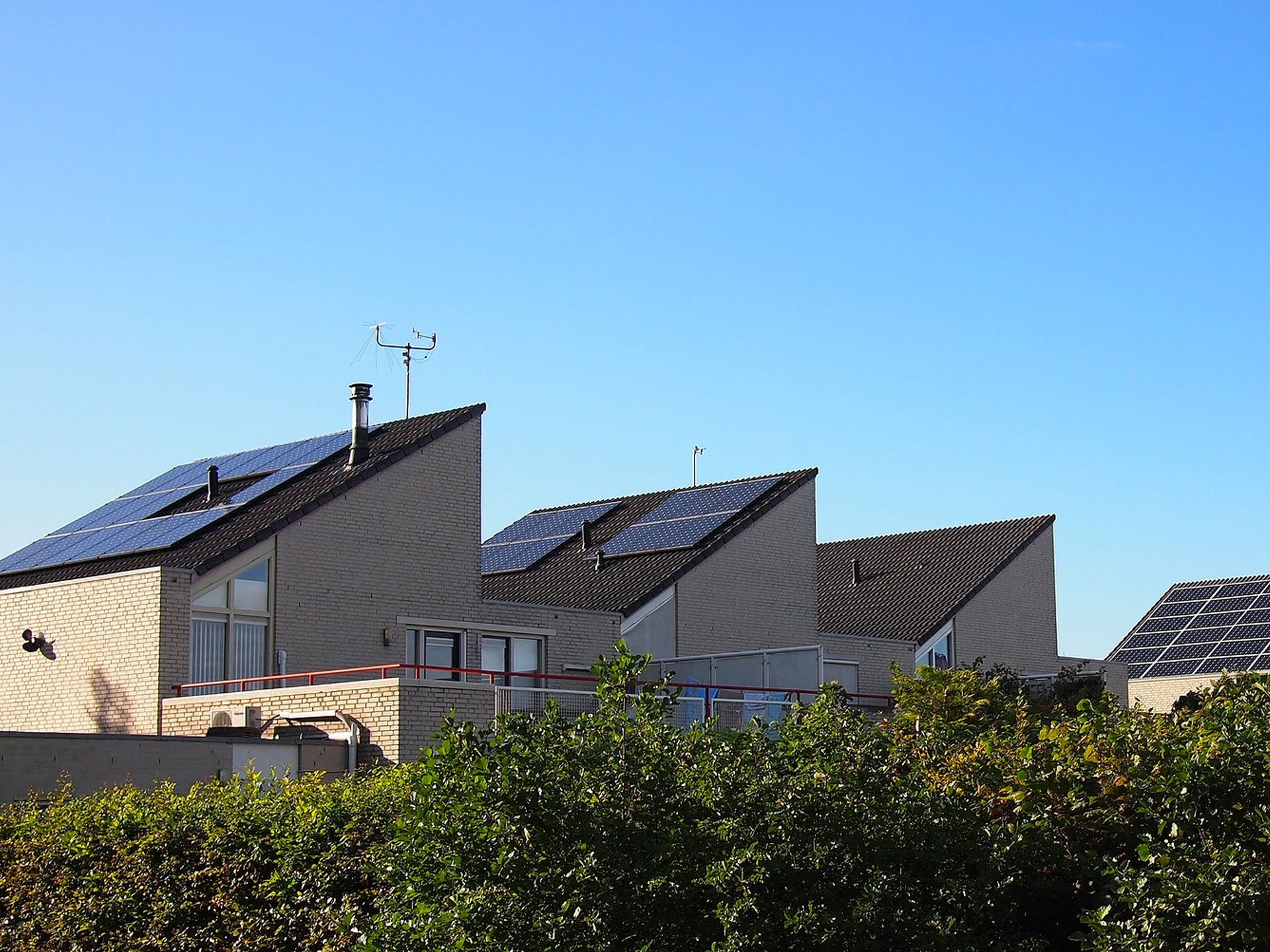It has been confirmed that a Small Export Guarantee is set to replace the existing export tariff, according to a report published by the Department for Business, Energy and Industrial Strategy.
Proposals which were unveiled on January 8th highlighted how the guarantee is expected to work. It legislates that all of the large energy suppliers will be required to remunerate smaller generators for any electricity they export onto the grid.
The Smart Export Guarantee means that all large-scale suppliers – as in, those with more than a quarter of a million customers – would be required by law to offer each generator a price per kW/h for their exported electricity.
Pricing strategy
At present, the government intends to leave the price per kilowatt hour to be negotiated between the suppliers – with the stipulation that all tariffs must be greater than zero. Suppliers will not be able to recover costs by placing charges on consumers during times of negative pricing.
The largest suppliers will be required to offer one tariff at the very least – although they will be in control when it comes to determining the length of contracts.
Voluntarily joining up
Smaller suppliers will be afforded the opportunity to voluntarily sign up to the mechanism, although they will be held against the same operating standards as large suppliers. There will be no levelling of costs – any supplier who chooses to provide a guaranteed tariff will have to bear the brunt of administration costs when setting up these tariffs.
In addition to this, HMG has decided that exports should be metered as opposed to deemed. Therefore, only households with solar panels will only be able to take advantage of the export tariff if they have a smart meter installed.
Settlement process
Suppliers will be faced with the task of registering any eligible installations for the settlement process and must settle according to the Balancing and Settlement Code. The duty to monitor the implementation of guarantees will fall to Ofgem.
Eligibility requirements
The Department for Business, Energy and Industrial Strategy has published a list of requirements that any potential system would have to meet in order for Small Export Guarantee eligibility – although these don’t differ too much from the current feed-in tariff.
All existing technologies in use with the feed-in tariff can also be used with the Small Export Guarantee, with a capacity limit of 5W. New installations up to 50kW in size must make use of Microgeneration Certification Scheme equipment, as fitted by a registered installer.
Responses
Over on the Gov.UK website, the future for small-scale low-carbon generation is up for consultation and the government are looking for peoples views on the introduction of a mandatory supplier-led route to market for a small-scale low-carbon generation: the Smart Export Guarantee (SEG).
The consultation will remain open to responses until March 5th and can be made online on the Department for Business, Energy and Industrial Strategy website.
